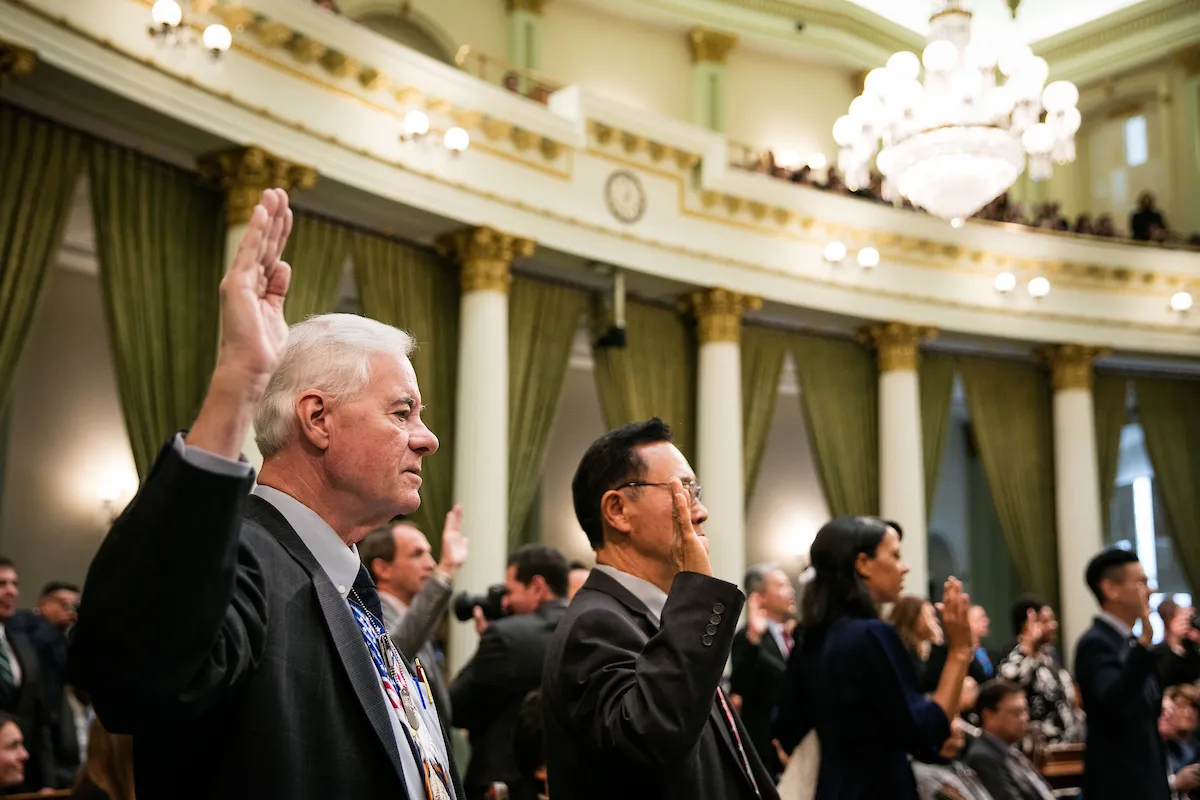Legislators in California are seeking to repeal the nation’s only law that allows voters to veto public housing plans, which was drafted in 1950 to rebalance the state’s black and white neighborhoods.
According to Sfgate, in a state where the median price of a single-family home is nearly $800,000, the provision makes it much harder to build affordable housing, and more than everyone agrees that it should be repealed.
There has been a snag in the latest repeal attempt.
Changes to the California Constitution are expensive, and supporters have not found donors.
In line with passing and repealing laws, the state Legislature can’t change the constitution unless voters also approve it.
In the absence of a statewide campaign to convince people to vote for the proposal, putting a proposal on the ballot makes no sense.
Due to California’s expensive media markets, these campaigns can cost $20 million or more.
“It’s not the type of ballot measure that automatically draws in money,” said Scott Wiener, a Democrat from San Francisco, who supports the repeal alongside Democratic Sen. Ben Allen.
“The polling isn’t rock solid. It’s a winnable campaign. We can win. But it will require strong funding.”
As of earlier this year, a proposed repeal passed the state Senate 37-0. Public support, however, poses a big challenge.
Currently, California is the only state that needs voter approval for publicly financed affordable housing projects, but it only applies to public funds for affordable housing, which disproportionately affects people of color.
“It’s racist, classist,” Wiener stated.
“I think it’s shocking to a lot of people that this is in our actual constitution.”
Cynthia Castillo, a policy advocate for the Western Center on Law and Poverty, said, in the 1950s, the provision adversely affected California’s development as most of the federal government’s public housing spending was earmarked for other states.
“It has tied our hands in exploring solutions to the affordable housing crisis and homeless crisis in a sense by taking public housing off the table,” Castillo added.
There are some ways around the law. State lawmakers had tweaked the definition of “low-rent housing project” to mean any development where more than 49% of the units are set aside for people with low incomes. Anything less than that doesn’t require an election.

